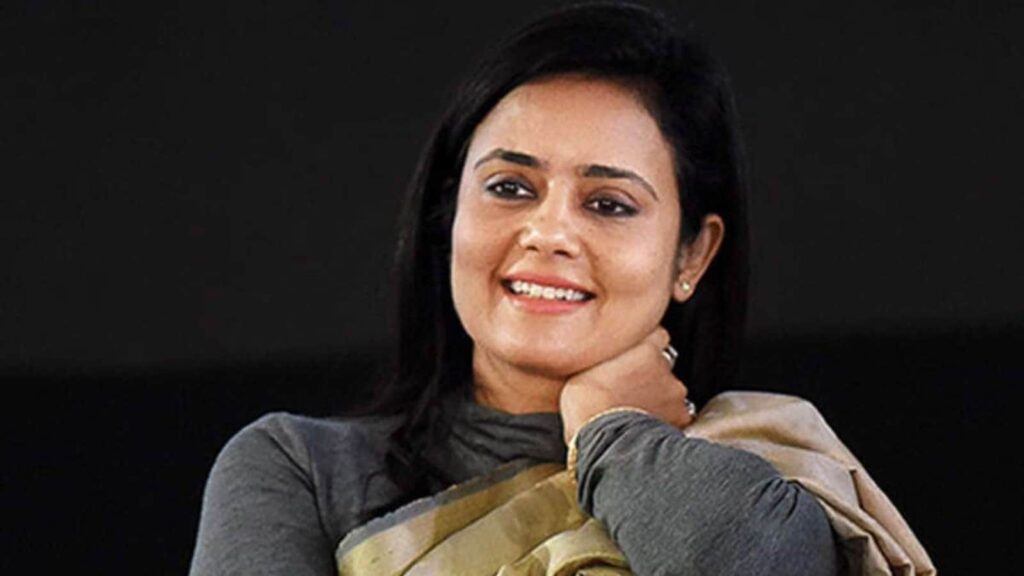Mahua Moitra, an Indian politician known for her fiery speeches and outspoken nature, found herself at the center of a heated controversy that ignited debates and discussions across the political spectrum. As a member of the Trinamool Congress and a Member of Parliament from West Bengal, Moitra’s vocal and assertive stance on various issues has often drawn attention, admiration, and criticism in equal measure.
The controversy surrounding Mahua Moitra is a testament to the complex interplay between freedom of expression, political rhetoric, and the diverse opinions prevalent in Indian politics.
Moitra’s eloquent speeches have captured widespread attention, with her passionate addresses in the Parliament gaining immense traction on social media and in the public domain. Her boldness in confronting the ruling government and her fearless articulation of issues pertaining to democracy, human rights, and socio-economic concerns have earned her both admiration and critique.
However, with such visibility and outspokenness comes the inevitable scrutiny and backlash. Criticism regarding Moitra’s statements has surfaced, with opponents and critics accusing her of sensationalism, exaggeration, or, in some instances, making unsubstantiated claims.
The recent controversy enveloping Mahua Moitra emerged when certain statements made by her were perceived as inflammatory or divisive by some sections of the public and political adversaries. The clash of opinions and interpretations has led to a fervent debate on the boundaries of freedom of speech, responsible political discourse, and the thin line between voicing concerns and crossing into contentious rhetoric.
The impact of this controversy extends beyond the individual herself and delves into the heart of Indian politics. It underscores the dynamics of opposition voices in a democracy, the responsibility that comes with wielding public influence, and the inherent tension between expressing dissent and the boundaries of political rhetoric.
In a democracy, the right to express opinions, dissent, and critique is fundamental. Political leaders and representatives, like Moitra, play a crucial role in representing the concerns and aspirations of the people they serve. However, with this role comes the responsibility to uphold the values of truth, responsibility, and ethical communication.
The Mahua Moitra controversy serves as a reflection of the evolving landscape of Indian politics, where the collision of ideas, opinions, and ideologies is both inevitable and necessary for a thriving democracy. The controversy has stimulated conversations on the need for nuanced, respectful, and constructive dialogue, steering away from inflammatory or sensationalist rhetoric that might polarize or divide communities.
As the controversy continues to simmer, it emphasizes the imperative for constructive engagement, mutual respect for differing opinions, and the necessity for public figures to balance passion with prudence in their expressions, especially in an era where every statement can reverberate across society with immense impact.
The Mahua Moitra controversy is a call to introspect on the role of leaders in fostering healthy debates, ensuring responsible communication, and upholding the essence of democratic values that honor freedom of expression while preserving the sanctity of public discourse.
